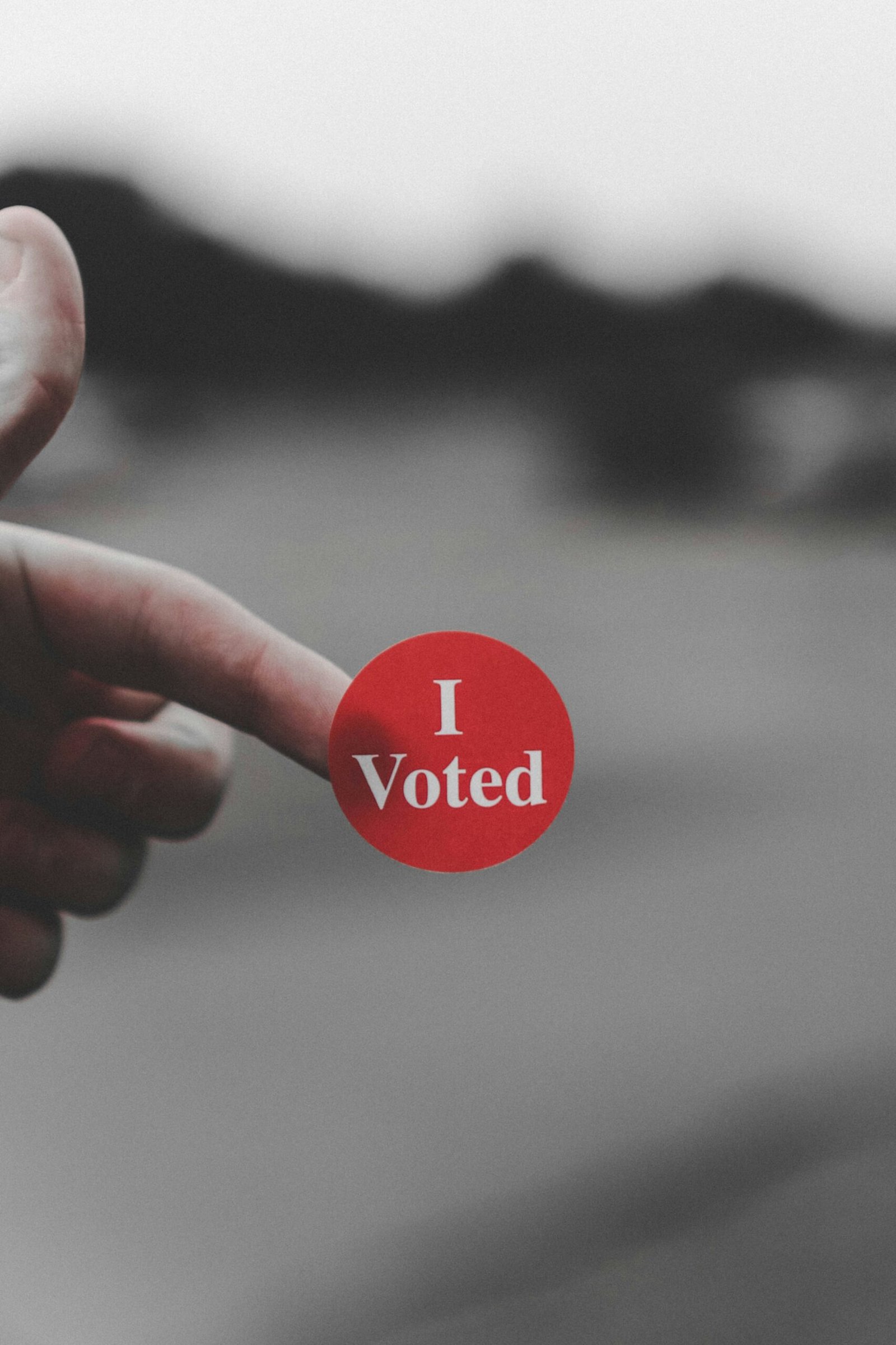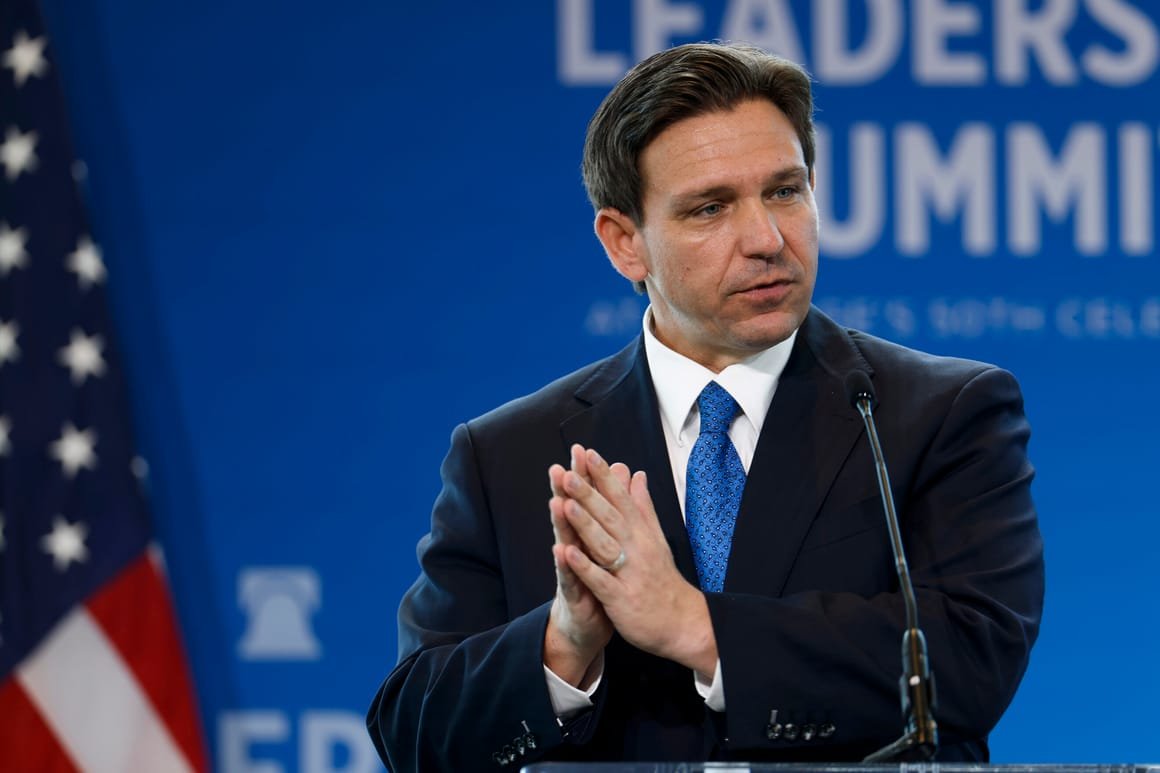The Promises Unfulfilled: A Look at Democratic Leadership The Democratic Party has, over the years, projected a vision of progress and hope for the American populace, yet many key leaders within the party have struggled to deliver on their promises. President Joe Biden’s administration positioned itself as a turning point from the previous administration’s policies.
The Promises Unfulfilled: A Look at Democratic Leadership
The Democratic Party has, over the years, projected a vision of progress and hope for the American populace, yet many key leaders within the party have struggled to deliver on their promises. President Joe Biden’s administration positioned itself as a turning point from the previous administration’s policies. He aimed to address significant issues such as climate change, healthcare reform, and economic inequality. Nevertheless, critics argue that his ambitious agenda has often been met with legislative stagnation. Despite some initial successes, such as the passing of the American Rescue Plan, many feel the underlying structural reforms necessary to create lasting change have been sidelined.
Vice President Kamala Harris also entered the presidential campaign and failed miserably to the point that she does not have a political career after leaving office. She entered office with great expectations. She sought to champion social justice and voting rights, yet her role has often been limited in terms of actual policy-making impact. Harris has been a prominent figure in discussions surrounding immigration reform, yet many believe the administration has not made substantial progress, leaving many of her supporters dissatisfied.
Younger leaders like Alexandria Ocasio-Cortez, Jasmine Crockett, and Maxwell Frost represent a new wave of Democratic politicians with progressive agendas geared toward engaging the youth and advocating for policies like the Green New Deal and Medicare for All. However, their influence often struggles to penetrate the more conservative elements within the party and Congress, limiting their effectiveness in enacting these transformative policies.
Furthermore, leaders like Gavin Newsom, the Governor of California, have garnered attention for their bold progressive stances, yet significant challenges remain in translating these initiatives into broader national impact. Thus, while these Democratic leaders have set forth ambitious visions for the future, the gap between campaign promises and tangible results raises concerns about their overall performance and responsiveness to the needs of the American people.
Pandemic Politics: How COVID-19 Influenced Democratic Actions
The emergence of the COVID-19 pandemic significantly impacted the political landscape, providing a unique context that shaped the actions of the Democratic Party. As the nation grappled with an unprecedented health crisis, many of the party’s shortcomings were shrouded in the urgent need for a swift and organized response. The pandemic acted as a protective blanket, concealing broader issues regarding governance and policy effectiveness that may have otherwise come to light under normal circumstances.
During the initial stages of the pandemic, the Democratic leadership faced numerous decisions regarding public health responses, economic stimulus measures, and social safety nets. While the party garnered public support for its pandemic policies, the analysis reveals a troubling pattern of reliance on crisis management rather than long-term planning. This reliance highlights a significant divergence between temporary emergency measures and sustainable solutions aimed at improving Americans’ welfare. For instance, initiatives such as the CARES Act were essential in providing immediate relief; however, the underlying architecture for economic resilience was inadequately addressed.
Furthermore, the overwhelming focus on pandemic-related issues caused a shift in the national dialogue, diverting attention from pressing domestic matters such as systemic inequality, healthcare reform beyond pandemic responses, and infrastructure challenges. The urgency of the COVID-19 crisis may have detracted from the public’s ability to critically assess the Democratic Party’s broader agenda and long-term vision for the country. This phenomenon raises critical questions about whether the attention devoted to pandemic politics allowed the party to escape scrutiny and accountability for its performance in other vital areas.
As the nation moves beyond the immediate challenges of the pandemic, it is essential to reflect on how COVID-19 influenced the Democratic Party’s actions. Understanding this context not only sheds light on the effectiveness of its policies but also emphasizes the need for comprehensive strategies that address the fundamental issues affecting American citizens, ensuring preparedness for any future crises.
Divisions and Distractions: The Democratic Agenda Under Scrutiny
The current landscape of the Democratic Party’s political agenda indicates a marked shift toward prioritizing national and international issues over pressing domestic concerns. This pivot toward global matters, such as the support for Ukraine amid ongoing conflict and efforts to facilitate immigration policies related to Mexico, has raised questions about the party’s commitment to addressing issues that affect everyday Americans. Critics assert that this focus reflects a disconnect with a substantial segment of the electorate, who feel that essential domestic priorities, including healthcare, infrastructure, and economic stability, are being sidelined.
Furthermore, the discourse surrounding issues like transgender rights for children has garnered significant attention and fueled accusations of creating a polarized political climate. Many traditional voters perceive this focus on social issues as a diversion from broader economic struggles and public safety concerns. The Democratic Party, traditionally seen as a unifying force, now faces challenges in maintaining cohesion among its diverse voter base, leading to frustrations that could impact electoral outcomes. The party’s engagement in highly charged social debates may alienate those who prioritize pragmatic governance.
The implications of these shifting priorities are profound, with the potential to shift voter allegiances. As the Democratic leadership champions certain issues, there is a growing apprehension that the overarching message of the party has become muddled. The promise of inclusive and unifying leadership has consequently become less tangible. Disputes over which issues deserve immediate focus and attention have further exacerbated divisions within the party, complicating their efforts to present a consolidated front during a critical electoral cycle. In navigating this complex landscape, the Democratic Party must carefully reconsider which aspects of its agenda are central to re-engaging voters and fostering unity. The question remains whether the party can successfully recalibrate its focus to address the pressing concerns of the electorate while maintaining its commitment to broader humanitarian issues.
The Consequences of Mismanagement: A Trust Eroded
The leadership failures within the Democratic Party have significant implications for the trust and confidence of the electorate. Over the years, allegations of self-enrichment among party leaders have surfaced, fostering a growing perception of corruption that undermines the party’s integrity. This perceived mismanagement extends to issues like healthcare and economic reform, where promises have often fallen short, leading to disillusionment among the voter base.
Moreover, the administration’s response to these issues can be seen as an attempt to downplay serious concerns, such as misleading narratives surrounding President Joe Biden’s health. In an era where transparency is paramount, the lack of clear information raises questions about the party’s accountability and its commitment to the electorate’s welfare. This perception of obfuscation only serves to intensify the erosion of trust, as voters seek leaders who prioritize honesty and integrity over political expediency.
The ramifications of this trust deficit are potentially dire for the Democratic Party. As voters grow increasingly skeptical, a historical precedent of disillusionment has been established, leaving the party vulnerable to challenges from both within and outside of its ranks. Such an environment may lead to existential threats during future elections, where the failure to restore voter confidence could result in significant losses at the ballot box.
Moving forward, the connectedness of leadership, policy promises, and honest communication will be essential in addressing the consequences of prior mismanagement. To rejuvenate the party’s image and win back the trust of its constituents, there is an urgent need for a reevaluation of strategies and a commitment to ethical governance. Ultimately, whether the Democratic Party can rise from this period of mistrust remains a critical question, one that could shape the political landscape for years to come.
 Internet Connectz
Internet Connectz 













Leave a Comment
Your email address will not be published. Required fields are marked with *